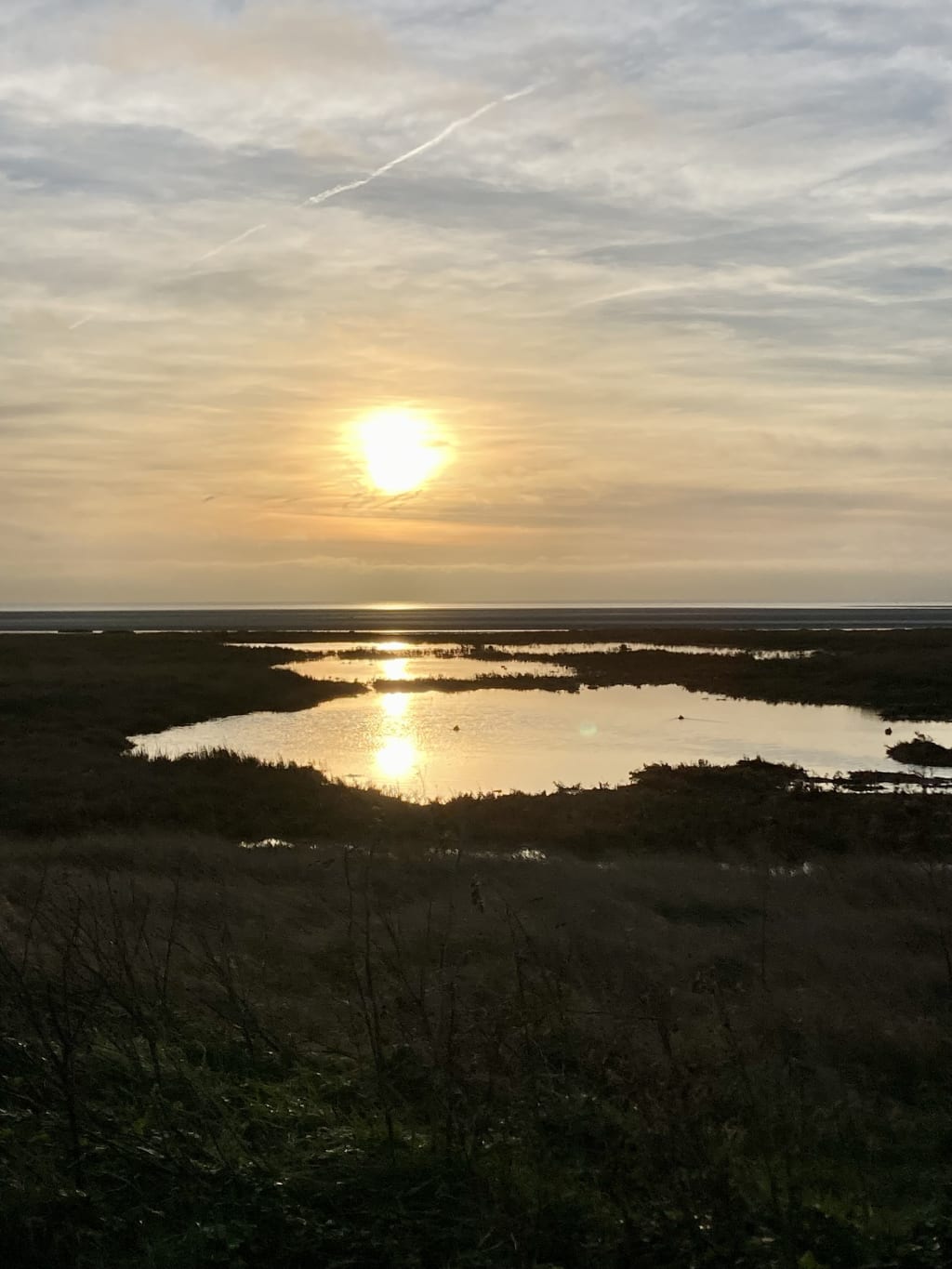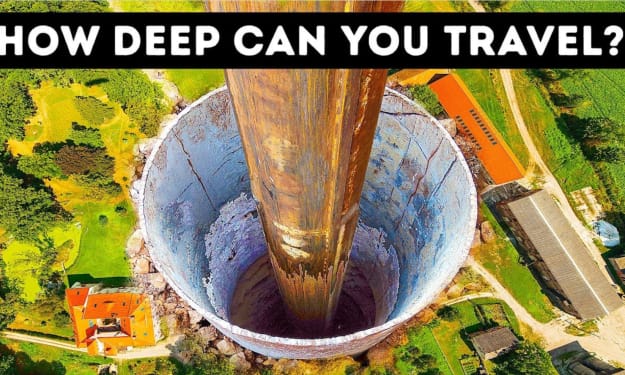The Importance of Nature Reserves
Why we should be protecting them

Nature reserves play a crucial role in preserving biodiversity, protecting ecosystems, and providing valuable ecosystem services. These designated areas, set aside for the conservation of flora and fauna, serve as havens for wildlife and natural habitats that are increasingly threatened by human activities such as urbanization, deforestation, pollution, and climate change. The importance of nature reserves cannot be overstated, as they contribute to the health of the planet and the well-being of future generations.
One of the primary reasons for establishing nature reserves is to protect and conserve biodiversity. These areas harbor a rich variety of plant and animal species, many of which are rare, endangered, or endemic to specific regions. By safeguarding these ecosystems, nature reserves help prevent the loss of species and genetic diversity, which is essential for the resilience and adaptability of ecosystems in the face of environmental changes. Biodiversity conservation also has broader implications for human health and well-being, as it supports ecosystem functions such as pollination, water purification, and carbon sequestration, upon which we depend for survival.
Furthermore, nature reserves serve as living laboratories for scientific research and education. These protected areas provide scientists, researchers, and students with opportunities to study natural processes, conduct experiments, and monitor ecological trends over time. By gaining a deeper understanding of how ecosystems function and interact, we can develop more effective conservation strategies and management practices to mitigate the impacts of human activities on the environment. Moreover, nature reserves offer educational programs, interpretive trails, and visitor centers that engage the public in environmental awareness and stewardship, fostering a sense of connection to nature and inspiring conservation action.
In addition to their ecological significance, nature reserves offer numerous socio-economic benefits to local communities and society as a whole. These protected areas support ecotourism and outdoor recreation, attracting visitors who seek opportunities for hiking, birdwatching, photography, and nature-based experiences. Ecotourism generates revenue and employment opportunities for communities living near nature reserves, contributing to sustainable development and poverty alleviation. Furthermore, nature reserves provide ecosystem services such as water regulation, soil stabilization, and climate regulation, which have tangible economic value and contribute to human well-being and quality of life.
Moreover, nature reserves play a vital role in mitigating climate change and preserving natural carbon sinks. Forests, wetlands, and other natural habitats within protected areas act as carbon stores, sequestering carbon dioxide from the atmosphere and helping to regulate the global climate. By conserving and restoring these ecosystems, nature reserves contribute to climate change mitigation efforts and enhance the resilience of ecosystems and communities to the impacts of climate change. Furthermore, protecting mangroves, coastal marshes, and other coastal habitats within nature reserves helps mitigate the effects of sea-level rise, storm surges, and coastal erosion, providing natural buffers against natural disasters and safeguarding coastal communities and infrastructure.
However, despite their importance, nature reserves face numerous threats and challenges that jeopardize their effectiveness and long-term viability. Habitat destruction, fragmentation, and degradation due to human activities such as logging, agriculture, mining, and infrastructure development pose significant risks to biodiversity and ecosystem health. Moreover, illegal poaching, wildlife trafficking, and invasive species introduction further exacerbate the pressures on nature reserves and undermine conservation efforts. Additionally, inadequate funding, staffing, and management capacity limit the ability of protected areas to fulfill their conservation mandates and address emerging threats.
To address these challenges and ensure the continued effectiveness of nature reserves, concerted efforts are needed at local, national, and global levels. Governments, conservation organizations, communities, and individuals must work together to strengthen protected area management, enforce regulations, and promote sustainable land use practices that balance conservation with development needs. Investing in ecological restoration, species reintroduction, and community-based conservation initiatives can help enhance the resilience and adaptive capacity of nature reserves in the face of environmental changes.
Furthermore, promoting public awareness, education, and community engagement is essential for fostering a culture of conservation and sustainable living. Encouraging responsible tourism practices, supporting eco-friendly businesses, and empowering local communities as stewards of their natural resources can help build support for nature reserves and ensure their long-term sustainability. Additionally, integrating indigenous knowledge, traditional practices, and local perspectives into conservation planning and decision-making processes can enhance the effectiveness and legitimacy of protected area management efforts.
In conclusion, nature reserves play a vital role in conserving biodiversity, protecting ecosystems, and providing essential ecosystem services that benefit society and the environment. These protected areas serve as bastions of natural heritage, scientific research, education, and recreation, enriching our lives and inspiring future generations to value and care for the natural world. By recognising the importance of nature reserves and investing in their conservation and management, we can ensure the preservation of Earth's precious biodiversity and the sustainable use of natural resources for the benefit of present and future generations.
If you find this piece interesting, please consider leaving a ♥️, subscribing for free or even leaving a tip. Your support means a lot to me as a writer!
About the Creator
Charlotte Fay
Rambling outdoors & writing about it. Love a good adventure. Passionate about holistic wellness & the natural environment. Studying a Wildlife Ecology & Conservation Degree. I also love to write about a variety of subjects that interest me.






Comments
Charlotte Fay is not accepting comments at the moment
Want to show your support? Send them a one-off tip.